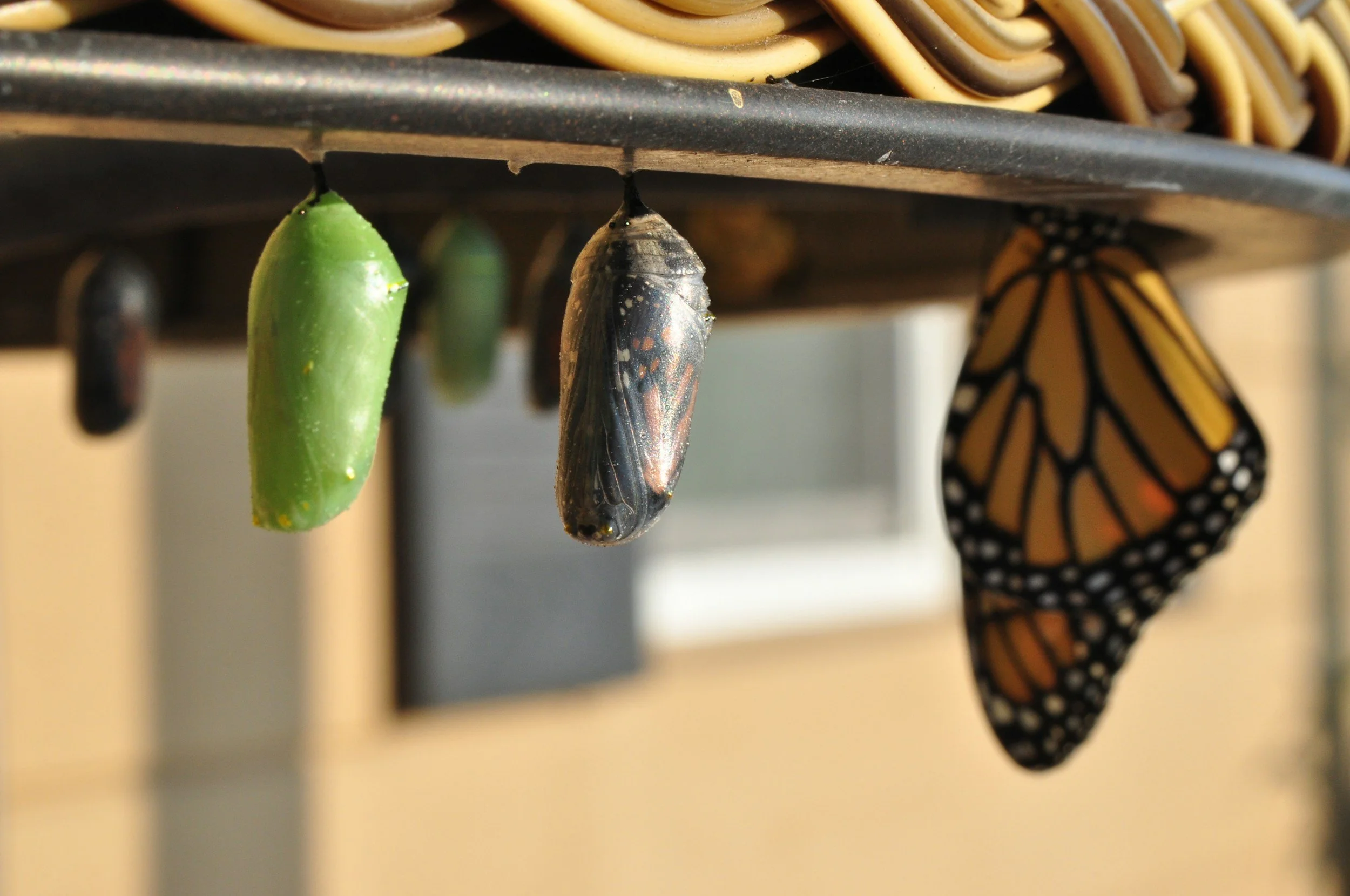Change Isn’t Betrayal—It’s Growth: Embracing Your Evolution
You’re allowed to change. Along our lifespan we are meant to grow into ourselves.
Not just the surface stuff—your hair, your goals, your taste in music—but the deeper things. Your values. Your boundaries. Your way of showing up in the world.
Still, for so many of us—especially those with trauma histories, ADHD, or who were raised in rigid or high-pressure environments—change doesn’t always feel freeing. Sometimes, it feels… threatening. Wrong. Like you're turning your back on something or someone—even if that “someone” is a former version of you.
Why Change Feels So Complicated
If you grew up in a household where consistency meant safety, breaking away from old roles can feel like stepping into a void.
If you’ve been praised for being "the responsible one,” “the easy one,” or “the one who holds it all together,” change can stir up guilt—like you’re letting people down just by taking up space differently.
And if you live with ADHD, you may have spent years developing coping strategies that kept you afloat—even if they cost you your authenticity. Unlearning those can feel disorienting. Who am I if I stop masking? What happens if I give myself permission to rest?
Evolution Isn’t a Rejection—It’s a Reclamation
You’re not betraying the past when you grow. You’re honoring what that past version of you needed to survive—and recognizing that you deserve more than survival now.
Your past self did their best with the tools they had. They might’ve needed people-pleasing to stay safe. Or perfectionism to feel worthy. Or hyper-independence to avoid disappointment.
That version of you isn’t bad or broken. They’re a part of your story—and you get to carry them with compassion as you move forward.
You can love who you were and still let yourself become someone new.
The Guilt That Creeps In
It’s normal to feel guilt when you start living differently.
When you stop over-functioning in relationships.
When you no longer say yes out of fear.
When you start asking for accommodations without apologizing.
When you need rest and take it.
Guilt doesn’t always mean you’re doing something wrong. Sometimes it just means you’re doing something new—and unfamiliar doesn’t equal unsafe.
In fact, guilt can be a signal that you’re crossing the invisible boundaries set by other people’s comfort zones. But here’s the thing: your growth doesn’t need to be comfortable for others to be valid for you.
For the Neurodivergent Folks
If you’re neurodivergent (especially if you’ve only recently discovered that you are), your evolution might look like shedding a lifetime of shoulds.
Should be more productive.
Shouldn’t need reminders.
Shouldn’t be so sensitive.
Shouldn’t need so many breaks.
There’s grief in that too—grieving the years spent masking or trying to fit into neurotypical boxes. But there's also space here. To design a life that works for your brain. To experiment. To redefine what success and enoughness look like.
You don’t have to apologize for that.
Here’s your permission slip:
It’s okay to change.
It’s okay to stop being the version of yourself that made others more comfortable.
You don’t owe the past a lifetime of repetition.
You’re allowed to grow—even if your voice shakes. Even if no one else understands it yet.
This isn’t betrayal.
It’s becoming.




